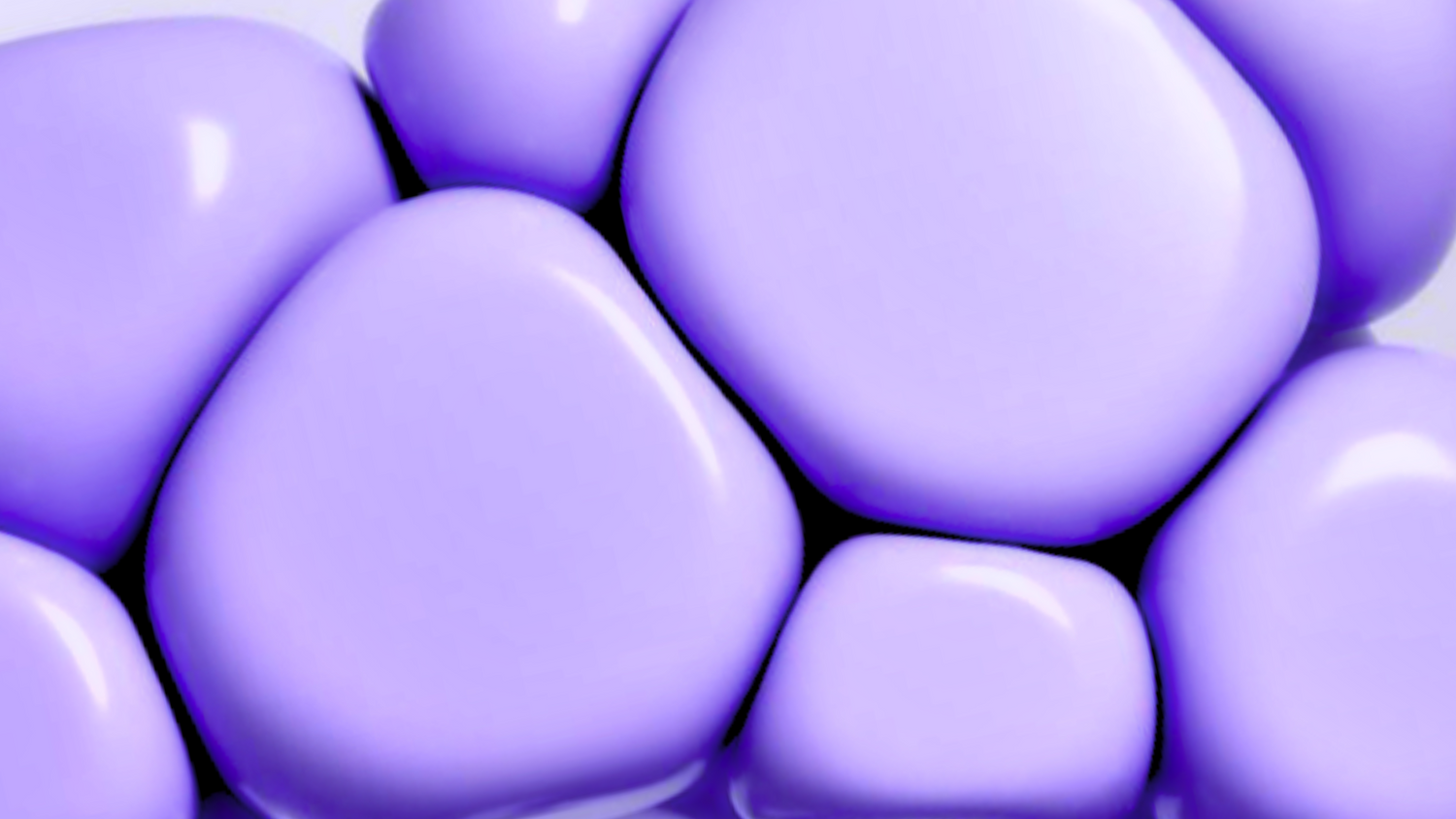How Stress Affects the Skin
Yesterday, I was contacted by a friend and colleague. She is in distress over her skin having a breakdown. In a short time, she has developed troublesome hormonal acne outbreaks. These are characterized by frequently breaking out around the jawline, chin, along the edges of the face, and down the neck. The reason these breakouts occur in these areas is not fully established, but what is known is that they are caused by an overproduction of sebum that clogs the pores. Hormonal acne outbreaks can happen to anyone; they are not just a teenage issue. It’s not uncommon for both men and women well into adulthood to experience hormonal breakouts.
For women, this often occurs in conjunction with fluctuations in the hormones estrogen and progesterone, which affect testosterone levels. This typically happens due to the menstrual cycle but can also be caused by high stress. Stress creates a perfect storm by increasing cortisol levels. Cortisol affects other hormones and can cause them to go haywire, leading to an overproduction of sebum, which clogs the pores and results in deep, troublesome acne outbreaks. And there is no shortage of stress these days, which explains my friend’s sudden skincare crisis.
So what should one do when experiencing hormonal outbreaks? If the acne is severe enough to significantly impact daily life, it’s best to consult a dermatologist or skincare therapist. If the outbreaks are mild and occur here and there—either in conjunction with the menstrual cycle, due to stress, or a combination of both—there are several steps that can help alleviate and shorten the duration of these outbreaks.
-
Use a cleanser with some form of acid. These help loosen clogged pores and clean deeply. I recommend the Salicylic Acid Daily Cleanser from CosRX when my hormones remind me they’re there (once a month).
-
Try a probiotic cleanser that helps maintain the skin's pH at a normal level, thus helping to prevent outbreaks. The Foaming Facial Cleanser from Gallinée is excellent even when not experiencing hormonal outbreaks.
-
Use a treatment product that kills the bacteria causing inflammation. These can be found at most pharmacies and often contain salicylic acid or benzoyl peroxide.
-
Consider serums or creams with ingredients that have been shown to positively affect acne. These ingredients range from different forms of vitamin A to oils that have healing properties and can reduce inflammation. I recommend Odacité BI+C Pimples Booster for spot treatment or mixing with your regular cream for an extra acne-fighting boost. The Centella Blemish Cream from CosRX is also great for soothing and helping to heal outbreaks.
When treating acne, the skin often becomes more sensitive than usual. It’s especially important to always use SPF during this time. I’m a big fan of Dr. Jart Every Sun Day, which not only protects but also hydrates.
What to avoid?
Do not try to "pop" hormonal, deep-seated outbreaks. This almost always makes things worse. You might also end up with scars that no skincare can remedy. As hard as it is, try not to pick at them. Let them dry out on their own with the help of the methods mentioned above.
And perhaps the hardest advice to follow: Don’t stress. It’s so easy to say but so hard to do. Stress affects us on all levels, and it shows in our skin. The more harmonious we are and the less we stress, the better our skin will fare. As mentioned, easier said than done in these times.





